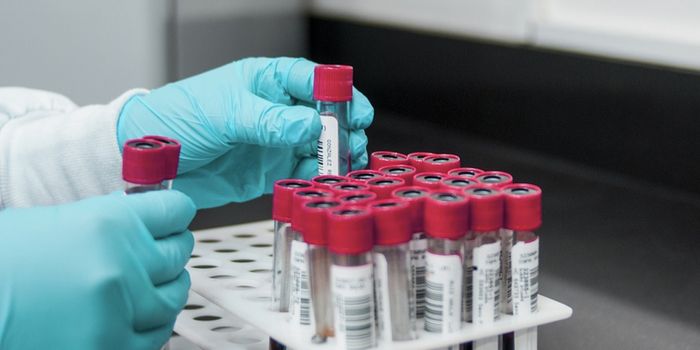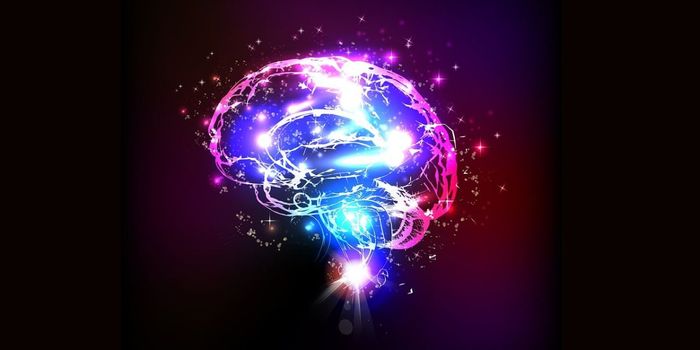Mothers may have an increased cognitive reserve later in life
Most of us are familiar with the term “mom brain” in reference to forgetfulness and general brain fog associated with mothers, especially new mothers. Oftentimes, it’s attributed to the fact that a mother simply has a lot on her mind between caring for herself and child(ren). But, research continues to suggest that there may be a physiological underpinning to the “mom brain” phenomena—and, for moms, it may be better then we thought.
In a new paper led by Edwina Orchard and colleagues from Yale University, results suggest that the increased cognitive load of motherhood provides an initial challenge during the peripartum period—or the period shortly before, during, and immediately after giving birth. And, this increased cognitive load requires almost continuous adaptation. But, the good news is that this increased cognitive load required by newer moms may result in an increased later-life cognitive reserve.
There’s a lot to unpack there! Research has suggested, for decades, that the transition to motherhood is a profound biosocial event—incredible environmental, hormonal, and neurological changes are needed to mark this transition. The way that hormones fluctuate during pregnancy, birth, and lactation (in some cases) correlate with an extreme and very rapid physiological transformation—one that is unparalleled throughout the lifespan. While these physiological changes are occurring, there are concurrent significant structural and functional neuroplastic adaptations in the brain, as well.
Importantly, the study finds that these neurological changes are not only present in birth-giving females. In fact, the study finds that every parent (regardless of gender/sex though with particular focus on the parents of infants) is exposed to the parenthood environment and resulting new caregiving experience. As such, all parents must adapt and display these novel caregiving behaviors. Animal models (e.g., virgin rodents caring for pups) have displayed neurological changes in response to infant caregiving, suggesting that caregiving in and of itself can induce these cognitive changes. In humans, similar conclusions were made based on the neurological changes observed in biological and foster mothers.
Matrescence is the developmental period that defines the rapid and extreme physiological and environmental changes that mark the transition to motherhood. It is an optional period—as you cannot “miss” this stage if you don’t have children. But, those that go through matresence oftentimes live longer (based on our understanding of normative ageing).
Results from this study offer insight into what this later-life might look like as a parent. The initial toll of motherhood is relatively intense with a rapid increased cognitive load and continuous behavioral adaptations. But, this initial toll may have a benefit later on in life, where the increased neurological complexity that comes with motherhood may contribute to a cognitive reserve and resilience to the aging process later in life.
Source: Trends in Cognitive Science









